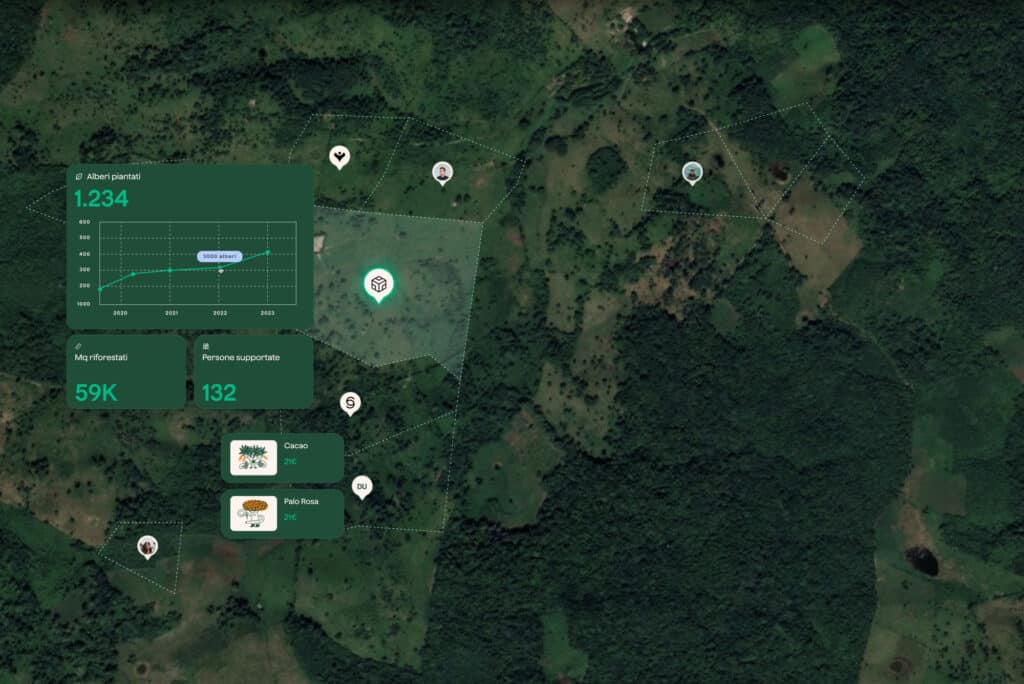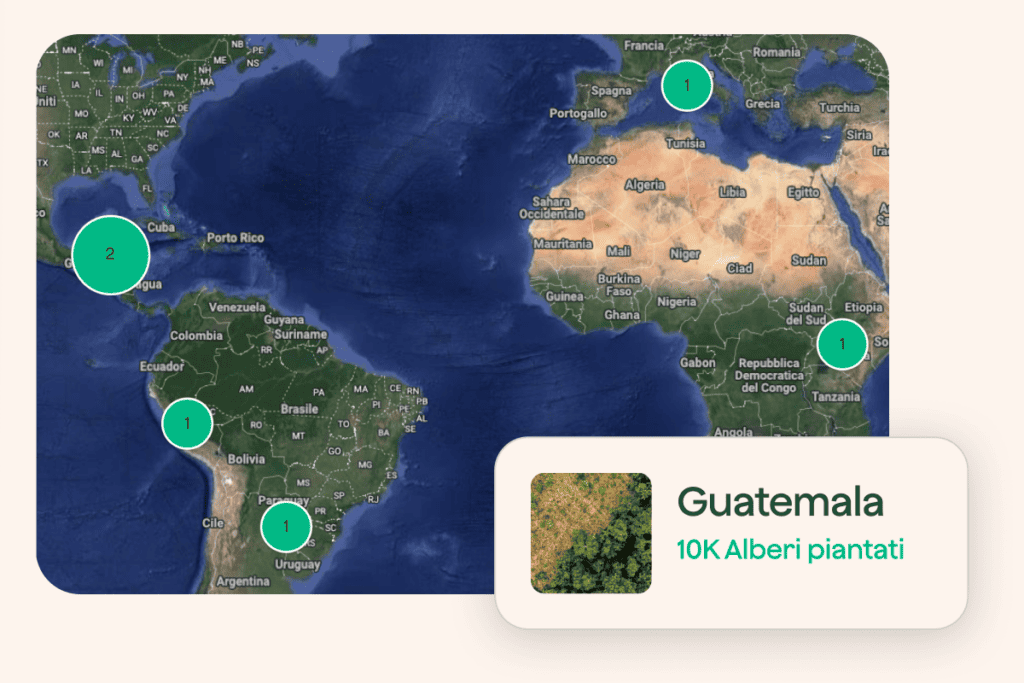Although some negative social and environmental costs of using ChatGTP seem inevitable, there are also potential benefits of using artificial intelligence applications and automation systems such as ChatGTP in some fields, including the sustainability sector.
In general, some major social and environmental benefits of using AI are, for example, improving transportation networks, predicting disasters more accurately, and generating and analysing increasingly accurate quality data on emissions, forestry, mitigation, and population.
According to ChatGTP, the ways and areas in which machine learning models and AI could benefit the sustainability sector are:
- Improving energy efficiency concerning distribution and consumption processes in various industries, reduce their carbon footprint, and promote renewable energy solutions.
- Improving waste management in terms of collection, recycling, and waste reduction.
- Developing more accurate climate models to predict the environmental impact of companies’ products and activities on environmental conditions, facilitating decision-making by policymakers, experts and CEOs.
- Optimising agricultural practices, reducing the use of harmful chemicals and decreasing the environmental impact of such substances.
- Sustainable transportation, improving transportation networks and flows, energy use, reducing vehicle emissions and the overall carbon footprint of transportation systems.
- Optimisation of renewable energy systems.
On the social side, ChatGTP’s response to its commitment to social inequalities remains vague:
“ChatGPT can be used to improve access to information and services, which can benefit underserved communities and help reduce social inequalities. However, ensuring that these applications are designed and distributed inclusively and equitably is important and do not perpetuate or worsen existing social inequalities.”
In this regard, ChatGTP’s response emphasises that OpenAI is committed to several social responsibilities, such as:
- Developing inclusive language models.
- Addressing bias and equity.
- Promoting transparency and accountability.
- Collaborating with diversity & inclusion initiatives.
However, considering the negative comments presented above, their implementation is somewhat controversial. This has put even more pressure on OpenAI and other AI creators and developers: they need to provide evidence of their efforts and concrete actions to develop AI systems with greater efficiency, maximise energy consumption, improve carbon footprint and minimise discrimination through their algorithms.

















